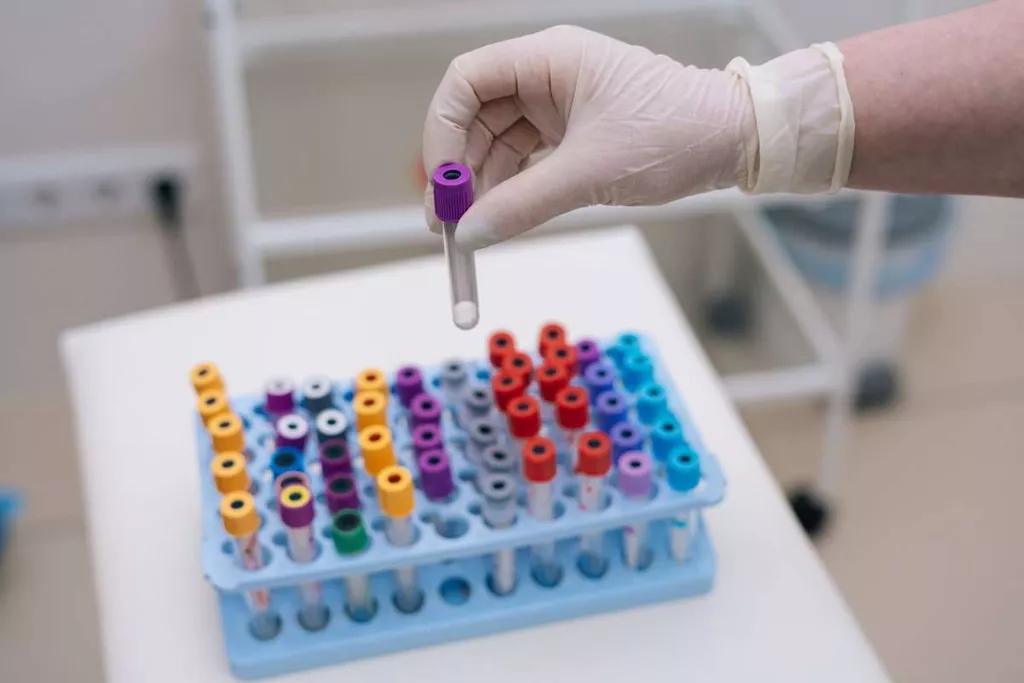Content
Maybe they don’t have peer support or maybe their alcohol addiction is too severe. Being surrounded by triggers can make it extremely difficult to stay on track and avoid overdoing it on alcohol. Further, the severity of withdrawal symptoms can cause a person to resort back to drinking alcohol to relieve any symptoms. However, doing so without the guidance of a physician, can complicate tapering and ultimately delay when, if ever, sobriety is reached. Design a schedule or calendar laying out how you’ll gradually reduce the number of drinks you consume over a period of time. For example, if you drink 7 glasses of wine a day, plan to cut back to 6 for several days, then cut down to 5 several days after that.
- Small victories can build momentum, helping us stay committed to the journey.
- Addiction alters the chemical balance in a person’s brain, making it extremely difficult to quit drinking alcohol on one’s own.
- With chronic alcohol exposure, however, GABA receptors become less responsive to the neurotransmitter, and higher alcohol concentrations are required to achieve the same level of suppression.
- Aside from unavoidable triggers, tapering off alcohol can also have side effects which can be difficult to manage at home.
- This is often known as seasonal depression, winter depression, or seasonal affective disorder (SAD)….
For instance, a young man named Alex, after a long day at work, looks forward to the calming embrace of a beer-filled glass. However, over time, that one glass becomes two, then three, and before he knows it, Alex finds himself in the throes of a gripping dependency. Like Alex, many of us may find ourselves caught in this ever-tightening cycle.
Online Therapy
Alcohol withdrawal can range from uncomfortable to life-threatening, so anyone considering stopping alcohol should speak with a medical professional to determine which method is best for them. The amount of time it takes to taper off of alcohol can vary greatly from person to person. Some people may be able to taper quickly and quit alcohol completely, while others may take a longer time. But making the difficult decision to cut back on drinking is much more important than the length of your alcohol taper.

This can give your body the chance to adjust, helping you avoid the worst of withdrawal symptoms. In addition to uncomfortable side effects, alcohol withdrawal syndrome can trigger life-threatening health complications. Whether you’ve been drinking for weeks, months, or years, it’s possible to experience alcohol withdrawal syndrome. Professional care from a specialized https://ecosoberhouse.com/ alcohol rehab facility is highly recommended for those attempting to quit drinking as withdrawal can be extremely dangerous. Making a schedule to slowly reduce your alcohol intake is a safe way to taper off the substance. This will ensure that you are not quitting cold turkey which could result in severe and debilitating withdrawal symptoms or even death.
Can Tapering or Weaning off Alcohol Reduce Withdrawal Symptoms?
Instead, those who suffer from alcohol use disorders should seek professional treatment to help address both addiction as well as underlying mental health issues. Due to the risk of withdrawal symptoms like seizures, many people benefit from a stable environment provided by medical detox centers. In these settings, they use a taper-off method that sometimes includes medications to help mitigate the effects of alcohol withdrawal symptoms.
This can trigger alcohol withdrawal symptoms, which can be dangerous in some cases. For others, simply cutting back the number of drinks can bring on alcohol withdrawal symptoms. When you slowly taper your alcohol intake over time instead of quitting cold turkey, you reduce the likelihood of withdrawal symptoms. By weaning yourself from drinking, you give your brain the chance to adjust the amount of GABA it produces.
Don’t Keep Alcohol in Your Home
This excessive glutamate level can lead to alcohol withdrawal symptoms, which can be dangerous. Long-term alcohol use can lead to developing an alcohol use disorder (AUD) and physical dependence. If your body becomes physically https://ecosoberhouse.com/article/how-to-taper-off-alcohol/ dependent9 on alcohol, you may experience symptoms of withdrawal when you stop drinking. Studies have shown that between 13 and 71%9 of people going through alcohol detox develop withdrawal symptoms.
0 komentarzy